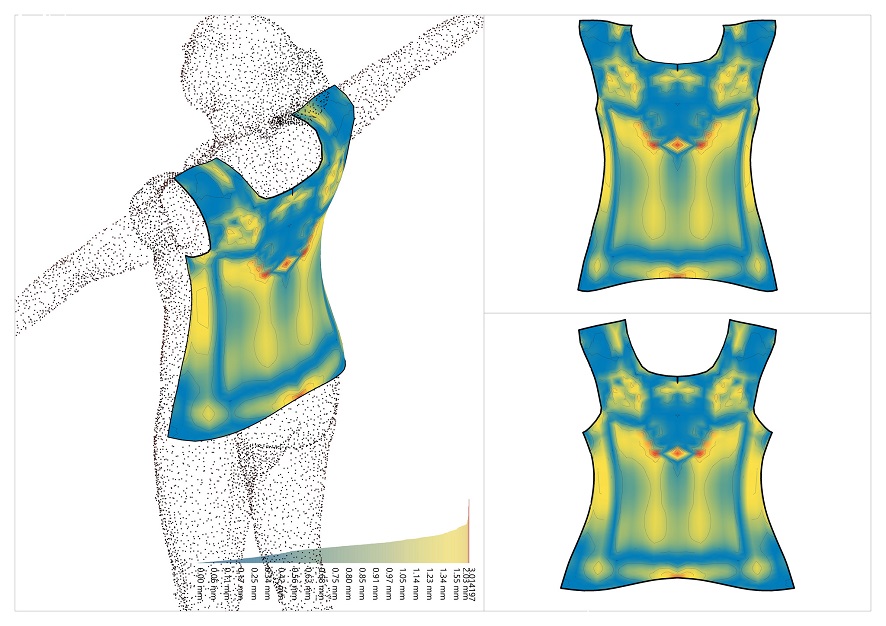Virtual reality (VR) is hot, and media artists are among the enthusiasts. So the Ars Electronica Festival will feature several VR works once again this year, and Vienna-based VREI Co. is supporting these installations with VR devices that let festivalgoers experience these projects up-close-and-personal. They include “Levers & Buttons,” a game that took top honors in this year’s Prix Ars Electronica u19 category, as well as two STARTS Prize nominees, “GenCloth, data_able” and “NeuroSpeculative AfroFeminism.” In this interview, VREI CEO Florian Sam tells us more about his firm and VR.
Florian, what’s VREI and what do you do?
Florian Sam: We opened Europe’s first VR café, and we received a tremendous reception from the VR community because we got in on the ground floor. We offer VR experiences so newbies can get their feet wet, and feel what happens once you don your VR glasses. That was in 2015; since then, 20,000 people have played with or tried out our VR glasses. Then, within a relatively short time, we got started developing business services once we identified a market niche there as well. So now, in addition to operating our VR café, we also offer companies services including devices, teambuilding and content production. We really cover the entire spectrum—development, short-term rental of devices for events, etc.
VREI is sponsoring several devices at this year’s Ars Electronica Festival. Why?
Florian Sam: Because it’s a really exciting event! We want to be part of this. It’s great when you’re able to combine technology and art. We want to sponsor this and help out.

GenCloth / Elizabeth Esther Bigger (US), Luis Edgardo Fraguada (PR)
How do you foresee VR developing in the near future?
Florian Sam: This is going to be huge; we’re just at the beginning. If you compare this to how cell phones progressed—it’s still a long way to the iPhone, so to speak. But I think we’re in for an exciting future. The first consumer products are just now appearing on the market, but there’s still a lot of room for development—i.e. various features like better displays, position tracking, eye tracking, focusing on various levels, interaction with the hands or maybe even with the whole body….there are so many gadgets you could integrate into this.
What challenges will emerge as VR continues to proliferate?
Florian Sam: There are social risks, by all means. Isolation in VR will be an issue—for example, when you envision that there’ll be a new type of Facebook, except in VR, where social interaction will take place. Even though people meet there, they’re nevertheless highly abstracted in this virtual world. People might quickly run and hide behind an avatar. And this would be a danger to the extent that people only focus on communicating with the help of an avatar and no longer as a person in their own right. And then you get out of touch with everyday life. It could also be that people who can’t cope with everyday life take refuge in VR.
What would it take to prevent precisely that from happening?
Florian Sam: If people communicate only in VR and no longer in the real world, then they’ve given up on the real world. Or it’s so difficult for them to communicate in the real world that they do it in VR because it’s simpler there. That means that they need stronger, more intimate contacts in the real world, which isn’t easy. Perhaps it’s just an opportunity because these people have a chance in VR to engage in a process of exchange with one another, which they wouldn’t have without VR.
We’d like to express our gratitude to VREI for their support!
To learn more about Ars Electronica, follow us on Facebook, Twitter, Instagram et al., subscribe to our newsletter, and check us out online at https://ars.electronica.art/news/en/.
